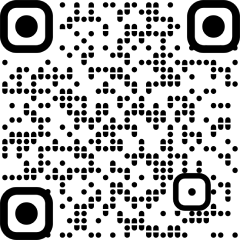- Industry
- 2 min read
Alzheimer’s progress can be slowed down with therapy if detected early, say experts
Alzheimer’s is a progressive disorder that causes brain cells to degenerate. It is the most common cause of dementia, resulting in decline in the affected person’s social skills, thinking and behaviour.
Chief minister Mamata Banerjee on Tuesday, which was observed as World Alzheimer’s Day, appealed on Twitter to all government and private health utilities and NGOs to work together and raise awareness about the disease. Howrah bridge was also lit up in blue at night as part of the awareness programme by Alzheimer’s And Related Disorders Society of India (ARDSI) Kolkata.
“Diagnosis of dementia is a challenge as people are not aware of the symptoms. During a study, we tried to cover 1 lakh households in Kolkata. The families would say there was no one suffering from it. But when we assessed, we found some of the elderly members with the symptoms,” said Bangur Institute of Neurosciences neurology professor Atanu Biswas. Doctors advise seeking professional help if a family member develops forgetfulness even though it could be something other than dementia.
Alzheimer’s is a progressive disorder that causes brain cells to degenerate. It is the most common cause of dementia, resulting in decline in the affected person’s social skills, thinking and behaviour. It ultimately halts the person’s ability to function independently.
Healthcare experts said like many other ailments, there was a rise in the number of people suffering from dementia, age and sedentary lifestyle being major risk factors. “Some biomarkers at research level and modern imaging techniques can now pick up changes in the brain function that might help in early diagnosis. Early diagnosis can help slowing down the disease progress through preventive therapies,” said Biswas. “Someone or the other is developing this condition every three seconds across the globe. We are currently working with 7,500 people suffering from dementia in Kolkata with care support, 70% of whom were referred to us by doctors,” said ARDSI Kolkata secretary Nilanjana Maulik.
One of the 24 ARDSI chapters across India, the Kolkata unit runs a daycare centre and a clinic and provides home companions for the affected. They also train families in how to care for the ailing.


Comments
All Comments
By commenting, you agree to the Prohibited Content Policy
PostBy commenting, you agree to the Prohibited Content Policy
PostFind this Comment Offensive?
Choose your reason below and click on the submit button. This will alert our moderators to take actions